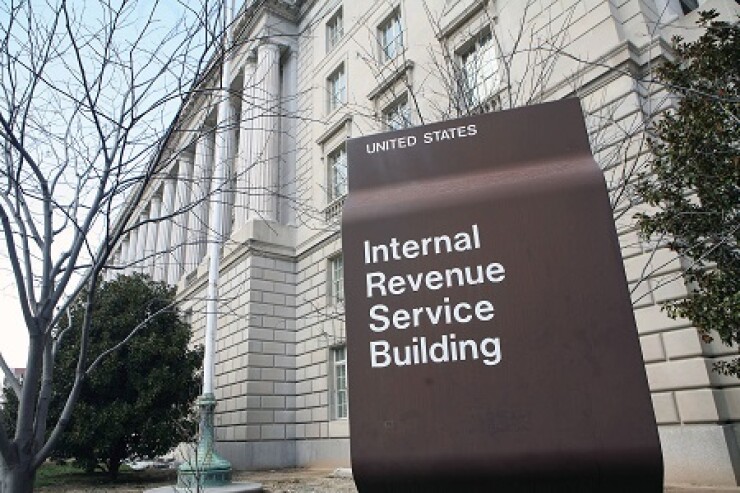Our weekly roundup of tax-related investment strategies and news your clients may be thinking about.
Although Roth IRAs, exchange-traded and target-date funds are increasingly becoming popular among investors looking for tax efficiency and better returns, clients should still consider other investment alternatives, according Morningstar. These investment options, from traditional index, tax-managed and static allocation funds to traditional IRAs and Coverdell Educational Savings Accounts, have certain advantages that can help clients enhance their overall returns. Know more about these investment options and learn what these alternatives can do to maximize tax savings and improve investment earnings. -- Morningstar

A recent survey shows that 77% of investors with $3 million or more in investable assets grew up in middle-class or lower class households, with 19% raised in poor families, according to Money. One of the reasons why these investors were able to build their fortune was that they considered the impact of their investment decisions on their tax situation. Some 55% of the respondents said knowing the tax implications of their investment decisions is more important than realizing maximum returns without accounting for the tax liabilities, the survey found. -- Money
People who want to invest in real estate should know the risks involved with different types of property ownership, according to MarketWatch. For example, a property investor who had direct ownership of several houses converted some of these properties into post offices to transfer the responsibility of paying for maintenance and taxes to the government. As a direct owner, he also opted for the tax-free 1035 exchanges and made the most of tax deductions to reduce his federal tax liability. -- MarketWatch
Clients are better off investing for the long term, as their tax liability could be lower than when they opt for short-term investing, according to the Motley Fool. Proceeds from sale of stocks held in 365 days or less are subject to income taxes, while the lower long-term capital gains tax rate applies when stocks are owned for more than a year. -- Motley Fool





